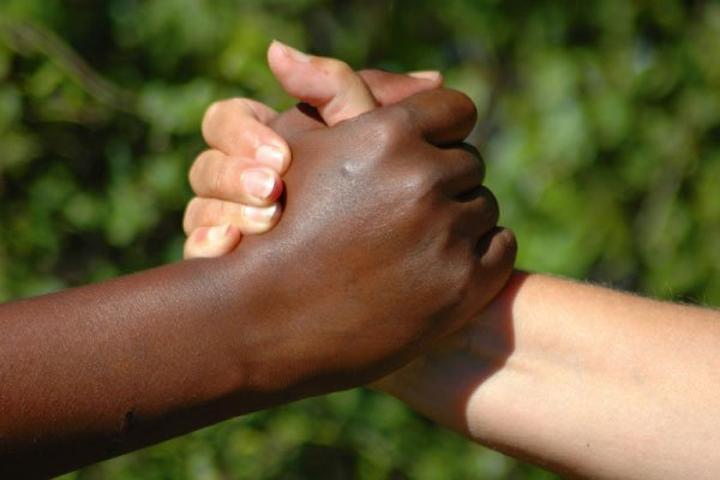Africa-Press – Uganda. The New Living Translation Concordance defines peace as a state of tranquillity or quiet. It adds that peace is a pact or agreement to end hostilities between those who have been at war or in a state of enmity.
Additionally, peace refers to harmony in personal relations, especially with God. It is also a state of security or order within a community and freedom from disquieting or oppressive thoughts or emotions.
Peace is what everyone longs for in the world. Jesus Christ, the saviour of the world, is the Prince of peace. Isaiah 9:6 says: “For unto us a child is born, unto us a son is given: And the government shall be upon His shoulder: And his name shall be called Wonderful, Counsellor, The mighty God, The everlasting Father, and the Prince of Peace.”
He is the author and giver of peace. John 14:27 says, “Peace I leave with you, my peace I give unto you: Not as the world giveth, give I unto you. Let not your heart be troubled, neither let it be afraid.” Where there is peace, there is no trouble. In other words, peace is an antidote for trouble. The work of making peace is basically for believers because peace was given to them by Jesus. You cannot give what you do not have. Believers possess peace and, therefore, can give it to those who need it.
Mathew 5:9 says: “Blessed are the peacemakers, for they shall be called the children of God.” God’s children ought to sow peace not disharmony among people. Where there is disagreement, believers must play a reconciliatory role because Jesus reconciled them to the father.
Just as God makes an appeal through believers to reconcile the world to Him, they ought to reconcile those in disharmony. Peace stands for positive existence against crisis existence. Peace cannot coexist with crisis.
A person in peace lives positively whereas one in crisis lives negatively. Therefore, positive existence is characterised by peace of mind and tranquility. Crisis existence is characterised by instability of mind, traumatic experiences and anxiety.James 3:18 says: “And the fruit of righteousness is sown in peace of them that make peace.”
Peace makers plant seeds of peace and harmony not acrimony or animosity. They do this to stem disharmony among individuals. Hebrews 12:14 says: “Follow peace with all men, and holiness, without which no man shall see the Lord.” Working at living in peace is a moral duty for all believers.
It calls for commitment, dedication and determination. Promoting peace is part of holiness. Believers are called upon to work towards peace making to bring about harmony in society. A peaceful society is a harmonious society.
As we approach the end of January, the appeal to believers is that they should work towards peace; unity, justice, truth and reconciliation for these are the cornerstones of a peaceful and harmonious society.
Let every believer promote values that lead to living a holy life. These values are basically divine values also known as the fruits of the spirit. Galatians 5:22-23 says: “ But the fruit of the Spirit is love, joy, peace, long suffering, gentleness, goodness, faith, meekness, temperance, against such there is no law.”
January stands for justice abated nurtures unsavoury acts radiating yelp. Let justice not be abated, but rather be reinvigorated. Believers can do this by standing for peace, harmony, truth and reconciliation. These cardinal virtues vitiate discontent among conflicting parties.
John Owor,[email protected]






